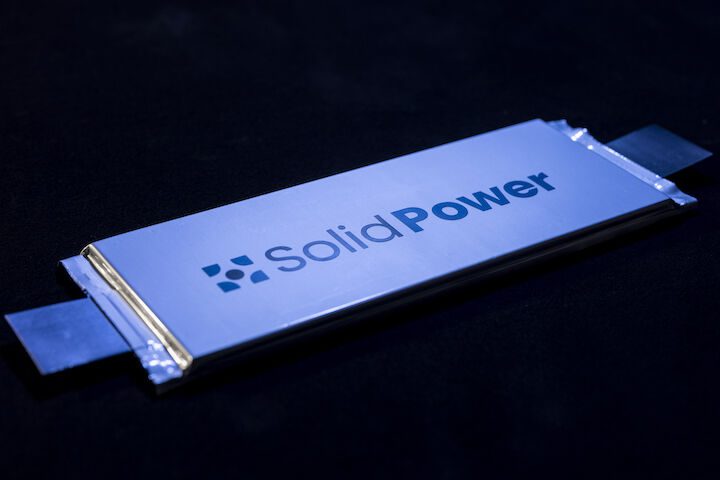South Korean battery and electronic materials manufacturer Samsung SDI has joined efforts by BMW and US-based Solid Power to develop all-solid-state battery (ASSB) technology.
Solid state batteries use a solid electrolyte instead of the liquid electrolyte found in conventional lithium-ion batteries, and are also expected to offer increased safety and energy density, potentially enabling longer driving range in electric vehicles (EVs).
BMW and Solid Power, a producer of all-solid-state rechargeable batteries for EVs and mobile power markets, have been working together on ASSB technology since 2016.
The two companies deepened their partnership at the end of 2022 with a technology transfer agreement. Additionally, BMW will operate a solid cell prototype line at its Cell Manufacturing Competence Center (CMCC) in Parsdorf based on a research and development license, as well as the experience and expertise of Solid Power.
Earlier this year, the two companies integrated Solid Power’s largest-format pure ASSB cells into a BMW i7 technology test vehicle. The ASSB cells were developed and manufactured by Solid Power in collaboration with experts from the BMW Group and utilise prismatic cells and sulphide-based electrolytes integrated into the battery pack.
Fast-forward, and the two companies announced last week a new strategic collaboration with Samsung SDI to pursue development and validation of a demonstration vehicle powered by ASSB technology.
Under the partnership, Solid Power will provide its sulphide-based solid electrolyte to Samsung SDI, which Samsung SDI will integrate into separator and/or catholyte, and then use to build battery cells.
Joshua S. Hill is a Melbourne-based journalist who has been writing about climate change, clean technology, and electric vehicles for over 15 years. He has been reporting on electric vehicles and clean technologies for Renew Economy and The Driven since 2012. His preferred mode of transport is his feet.

